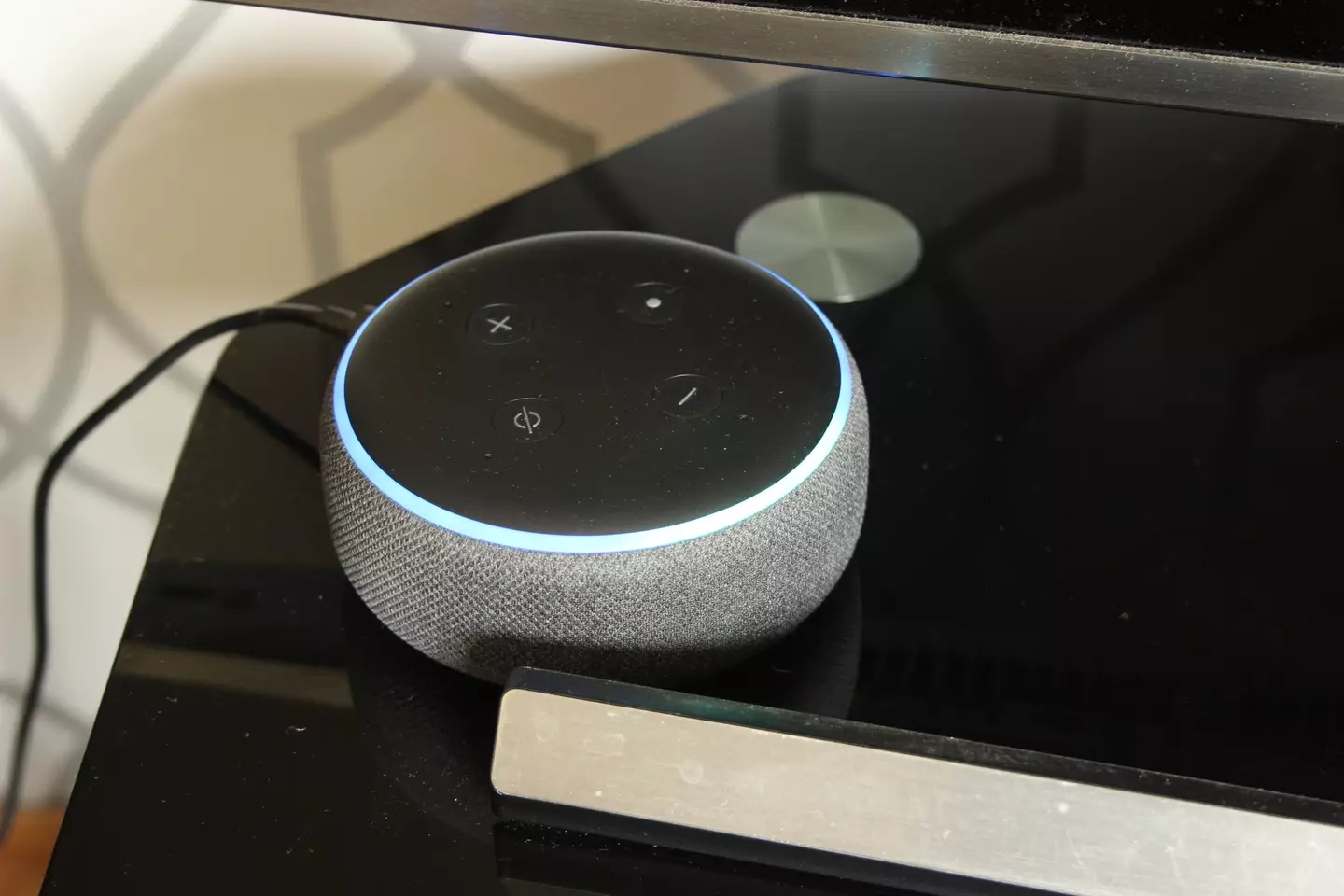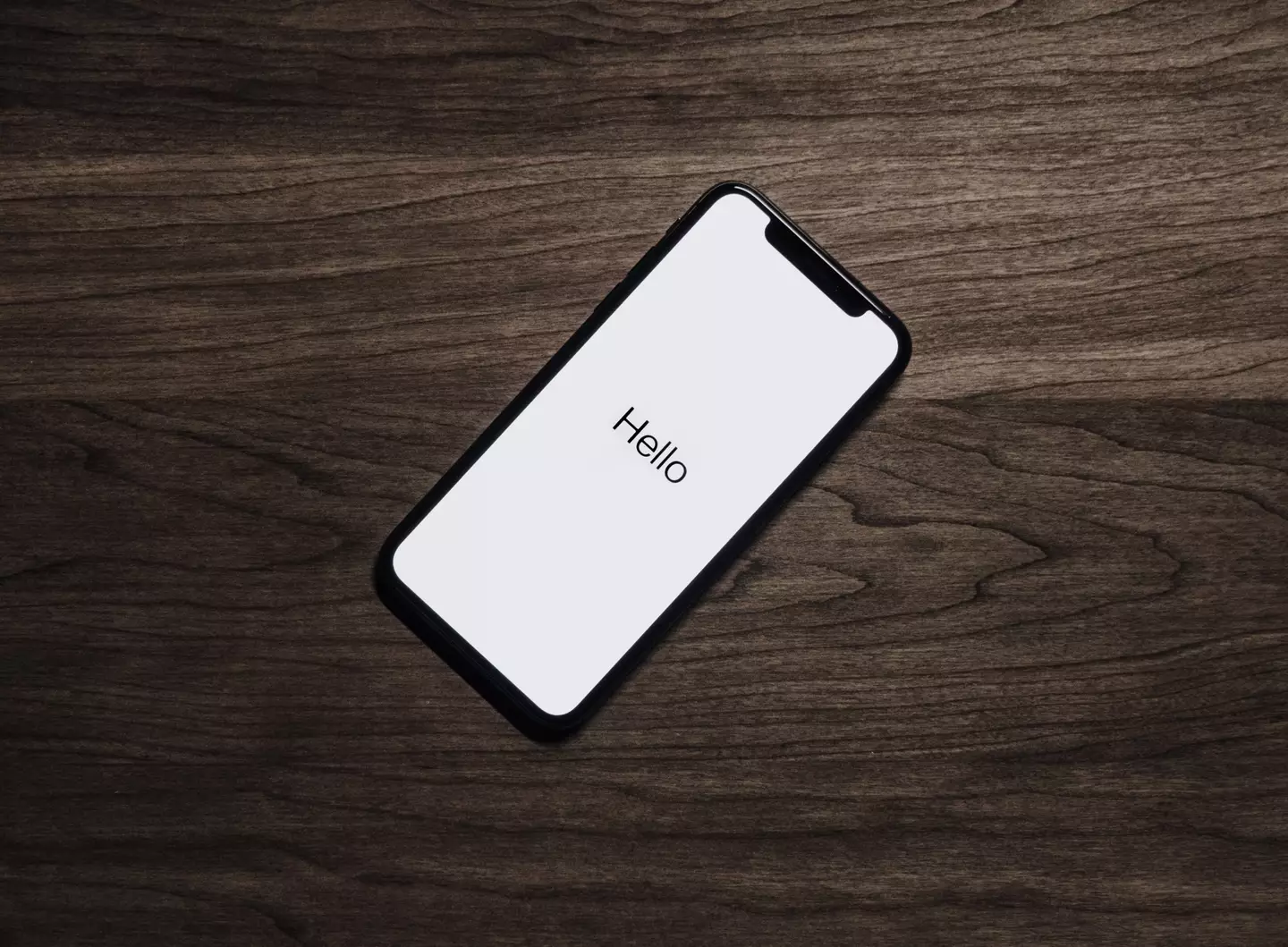
While many of us rely on our voice assistants, such as Siri or Alexa, for things like checking the weather or setting a timer while cooking, it might not be such a good idea to rely on them in more serious situations.
Hopefully, you’ll never find yourself in a serious medical emergency - but if you do, you might want to avoid asking Siri or Alexa for help.
In a study from earlier this year, researchers found that - when asked - only 59 percent of voice assistants responses actually included information related to cardiopulmonary resuscitation (CPR) and only around one third gave actual CPR instructions.
Advert
Lead study author Doctor Adam Landman, chief information officer and senior vice president of digital at Mass General Brigham, told CNN: “We found that when we asked questions related to cardiopulmonary resuscitation to AI voice assistants, (the answers) really lacked relevance and even came back with inconsistencies.”

In the study, the team asked eight questions related to CPR instructions to Amazon Alexa on Echo Show 5, Apple Siri on iPhone, Google Assistant on Nest Mini, and Microsoft Cortana on a Windows 10 laptop.
The answers were then assessed by two emergency medicine doctors.
Advert
Landman says the study’s results show that people should not rely on voice assistants if they witness a medical emergency, and that you should call emergency services (999) instead.
However, Landman insists that all is not lost and thinks in the future technology could help.
“If we can take that appropriate evidence-based content and work with the tech companies to incorporate it, I think there’s a real opportunity to immediately improve the quality of those instructions,” he said.

The NHS gives a very handy guide to CPR - which you can check out here - and says that those who aren’t trained in CPR should stick to ‘hands-only CPR’.
Advert
According to the NHS to carry out a chest compression you should:
- Kneel next to the person and place the heel of your hand on the breastbone at the centre of their chest. Place the palm of your other hand on top of the hand that's on their chest and interlock your fingers.
- Position yourself so your shoulders are directly above your hands.
- Using your body weight (not just your arms), press straight down by 5 to 6cm (2 to 2.5 inches) on their chest.
- Keeping your hands on their chest, release the compression and allow their chest to return to its original position.
- Repeat these compressions at a rate of 100 to 120 times a minute until an ambulance arrives or for as long as you can.
Topics: Health, Technology, Amazon, Microsoft, Apple, Google